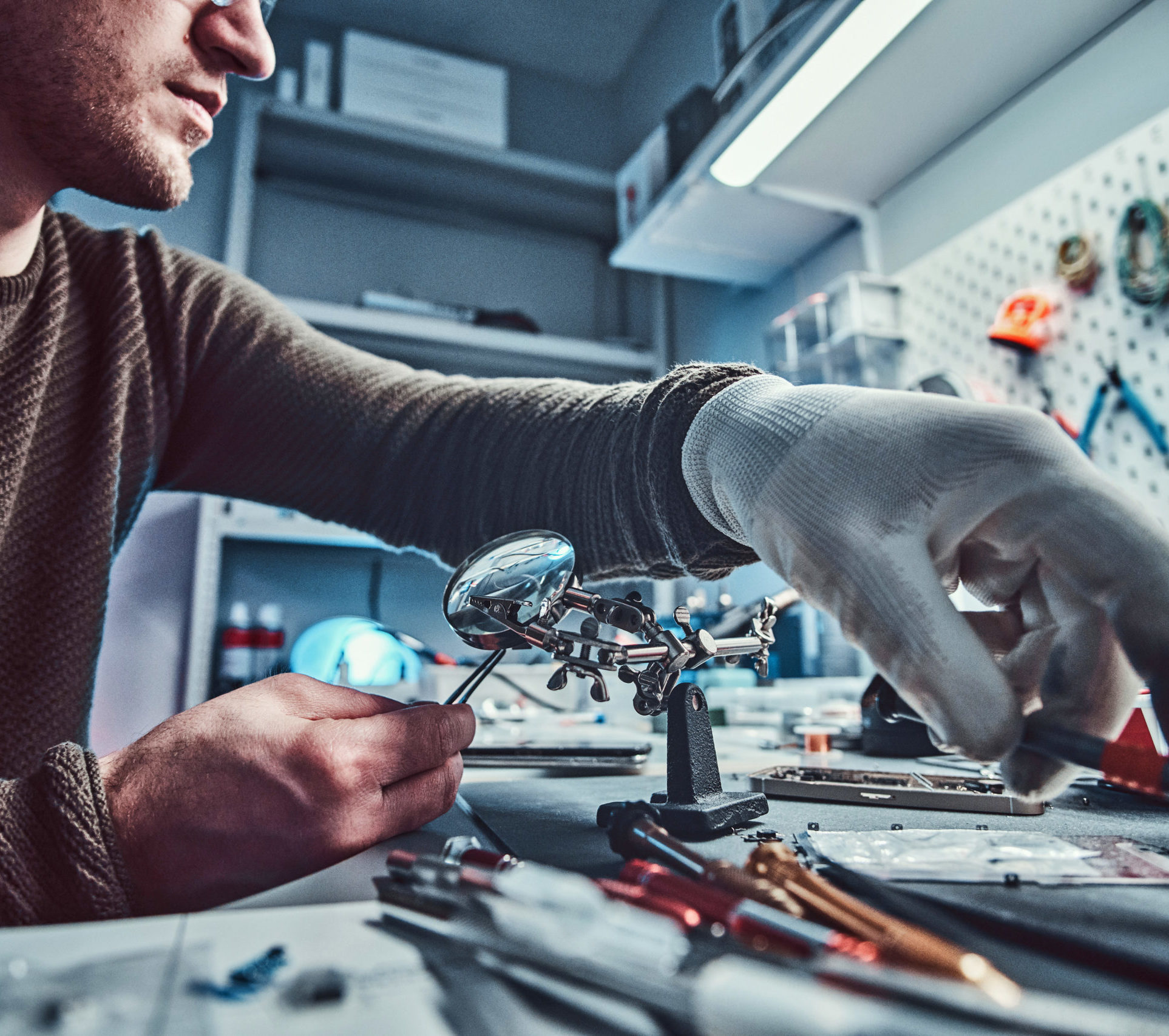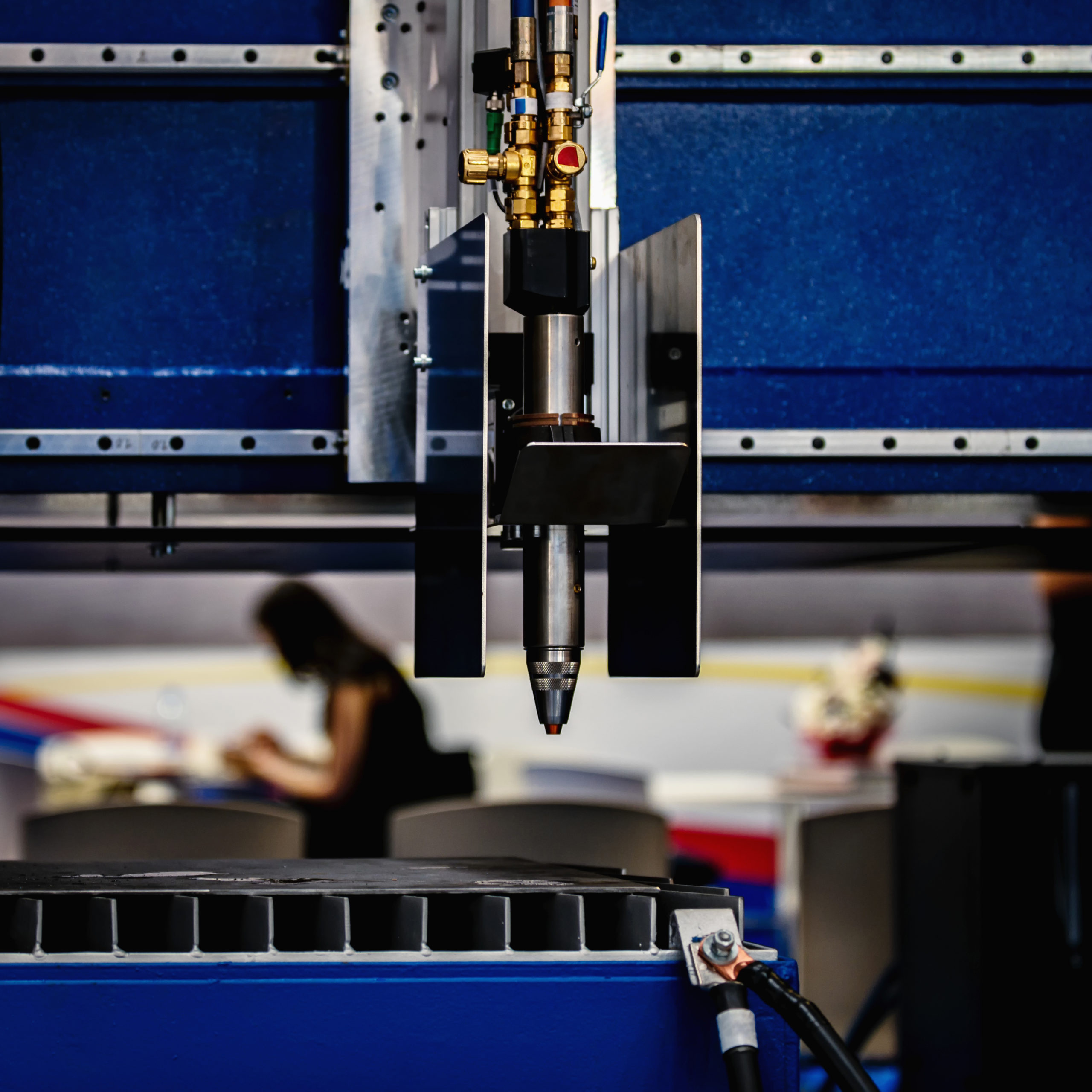Laser Technician

Personal Connection
- Do you like working with technology?
- Do you tend to be an early adopter of technology?
- Do you follow directions well?
- Do you want to start working without a four-year college degree?
- Do you enjoy working with your hands?

Other Connections






STEM Connection
Optical tweezers prove to be a breakthrough in laser technology:
A silicon-based laser can transform photonics:
Flying microlasers may soon invade your body!:
Artificial intelligence provides better outcomes:
Journeys to Becoming a Laser Technician
Ashley Lankford is an established aesthetic nurse but finding a company that was a good fit for her was quite the challenge. After earning her bachelor’s degree in nursing from California State University Long Beach, Ashley joined a hospital unit. While this is a common path for nurses, the high-stress environment turned into an emotional roller coaster that Ashley no longer wanted to ride. Since then, Ashley has gone back for her master’s degree and passed a state certification exam so she can become a Registered Nurse (RN.)
With her degree in hand and the decision to leave her hospital unit, Ashley set out to work as an aesthetic nurse. Unfortunately, she soon found out that many unethical medical spas hire nurses and have them perform procedures they are not trained to do. Besides being unethical, this puts nurses at risk of losing their license, which takes a lot of work to earn. Ashley continued looking for an ethical company and eventually found a position working under Dr. Boudreaux. Unlike the unethical medical spas Ashley had encountered previously, Dr. Boudreaux cares about her patients and will turn away clients if a procedure is not in their best interest.
Read more about Ashley’s journey here:
Read about how one laser technician has excelled in the manufacturing industry:
Wallace Robley is an experienced laser technician but getting there was no easy feat. Wallace started his career in a machine shop in 1973 but transitioned to Trumpf in 2001. Trumpf is a German manufacturing company that is a leader in developing laser technology. After working for a few years as a laser technician, Wallace went to college so he could further his career. He ended up earning an associate degree in information technology from Middlesex Community College in 2006, which has helped him to excel at Trumpf, where he’s been since 2001. Wallace’s career shows that there are multiple paths to get started as a laser technician, but an associate degree will help to advance your career.